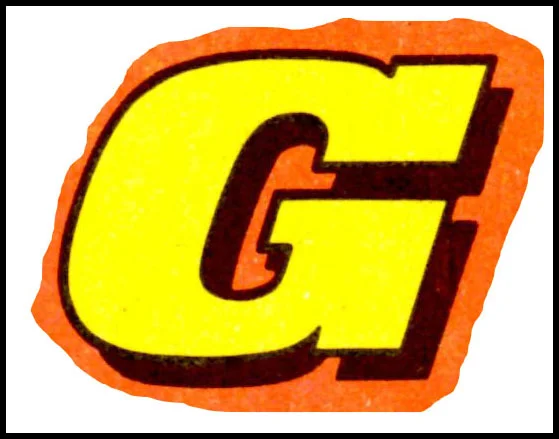On this day, 20 May 1978: Cheeky
Cover artwork: Frank McDiarmid
On this day, 20 May 1978 … This week Cheeky has mostly been classist (Posh Claude), sexist (Lily Pop), lookist (Ursula the Usherette) and ageist (Granny Gumdrop). Actually, maybe not so ageist, as needle-knocking, back-page poster star Granny Gumdrop is represented as quite a positive, dynamic character, and I don’t have any problem with the classism as I’m all for a bit of snob-bashing. But it can’t be denied that there’s a lot of discriminatory humour in Cheeky – possibly more so than in any other IPC comic from this time.
Digression: another term for discriminatory humour would be ‘political incorrectness’, but I find that a problematic phrase – its opposite, ‘political correctness’, carries a stigma which I think is unhelpful. Political correctness means, by literal definition, acting or communicating in a way that is correct, so I don’t like that it’s generally used in a negative, dismissive way (‘You’re just being politically correct’; ‘It’s political correctness gone mad’). Similarly, ‘virtue signalling’ and being a ‘goody-goody’, which basically mean being proud of having a virtuous attitude and behaving in a good way. Opposed to what? Having an immoral attitude and being a baddy-baddy?
Anyway, back to Cheeky. Yes, there’s a lot of discriminatory humour and in fact the whole comic is based around a central character engaging with and commenting upon the foibles and unique distinguishing characteristics of the various personalities in his town. He’s pally with some of these folk, and more combative with some of the others. There’s a lot of teasing and it is potentially quite offensive (or would have been, as a child at the time) if one happens to recognise oneself in any of those ‘othered’ characters Cheeky jokes about (by, for example, gender, race, nationality, body shape or temperament).
I love Cheeky. I loved the comic as a kid, now I appreciate how innovative and crazy and full of wackiness it is, and Cheeky himself always lifts my spirits. So I feel a bit treacherous moaning on about all the -isms. It was just the nature of the comic, and the time in which it was produced, right? Well yes, but that doesn’t mean it was OK, nor that it wasn’t a bad thing. I’ve never really held with this ‘It was alright in the 70s’ excuse. In writing this blog, I’m trying to explore what the comics we all read in the 1970s and 1980s really meantto us – on one hand, that means celebrating how much fun they were, or how exciting, or the incredible talents of the writers, artists and designers, but on the other hand it means asking how formative they were to our young minds and imaginations. Cheeky, for a year or so when I was about 7 and 8, was one of my primary reading materials – it was one of my windows to the world. It must have had an influence on me – if not in teaching me how it was acceptable to relate to other people, then at least in how it could be fun to relate to other people. In my life I’ve thought and said many things that are sexist, ageist, classist, lookist, racist and prejudiced in lots of ways – commonly as a youngster and, to my shame, occasionally as an adult too. Obviously I’m not blaming that all on Cheeky – it was reflective of a culture of –isms – but it can’t have done me much good in that respect.
Let me reiterate: there’s so much that I like about Cheeky, and I’ll continue to enjoy re-reading back issues and writing about them on this blog. But it’s good to be aware of the shadow side too.
Thank you as always Niblet for identification of the artists on the brilliant Cheeky Weekly blog.
Skateboard Squad: Mike Lacey (artist)
6 Million Dollar Gran: Ian Knox (artist)
Cheeky’s Week: Monday: Barrie Appleby (artist)
James Bold: The Frightened Village: Mike White (artist)
Cheeky’s Week: Monday: Barrie Appleby (artist)
Creepy Sleepy Tale: Keith Reynolds? (artist)
Cheeky’s Week: Wednesday: Barrie Appleby (artist)
Cheeky’s Week: Thursday: Jim Watson (artist)
The Scarlet Pimple: Jack Clayton (artist)
Cheeky’s Week: Saturday: Jim Watson (artist)
Space Family Robinson: John Richardson (artist)
Pin-up Pal: Frank McDiarmid (artist)



